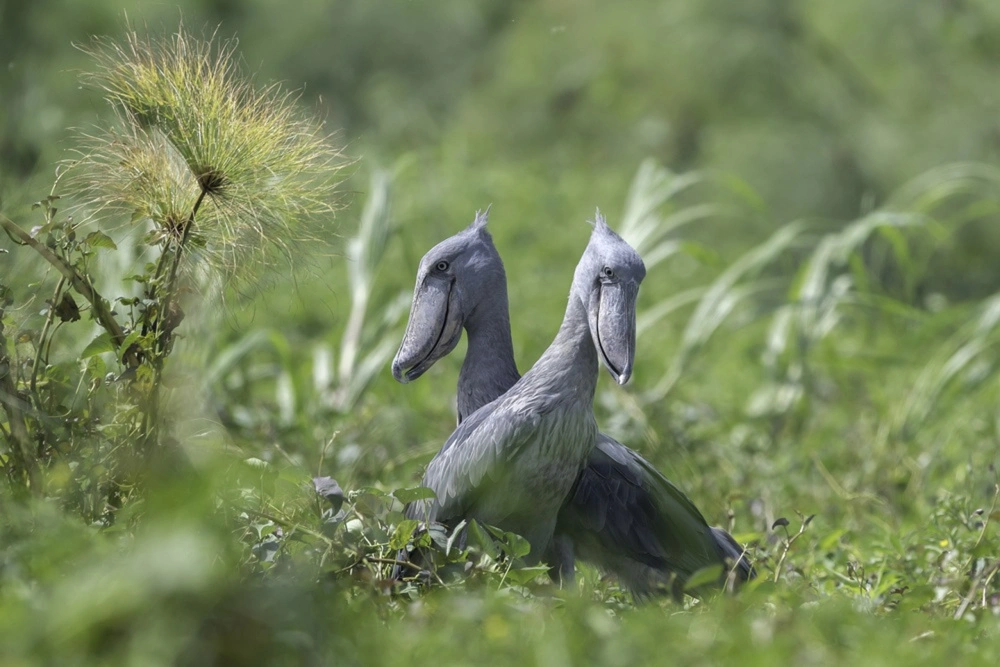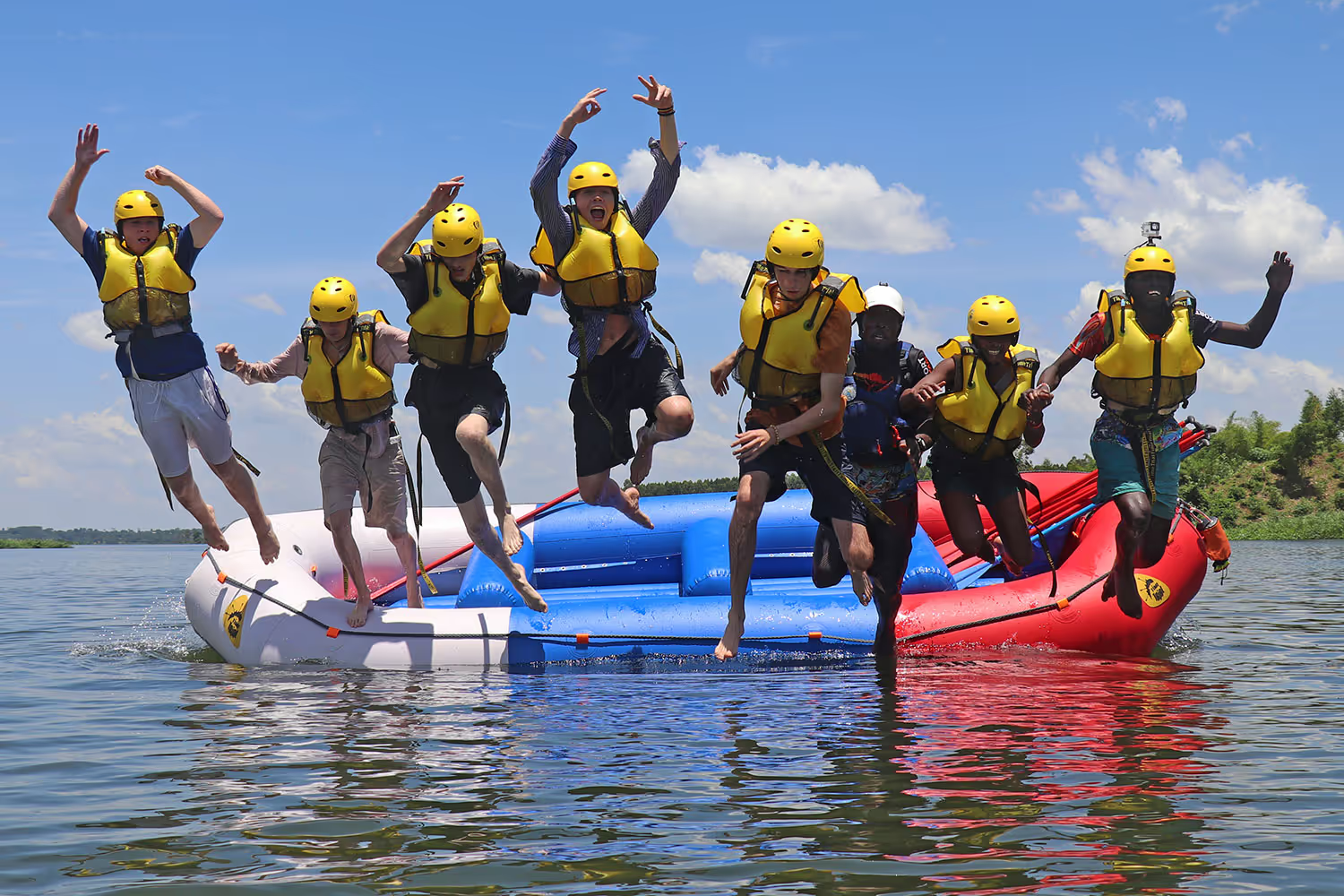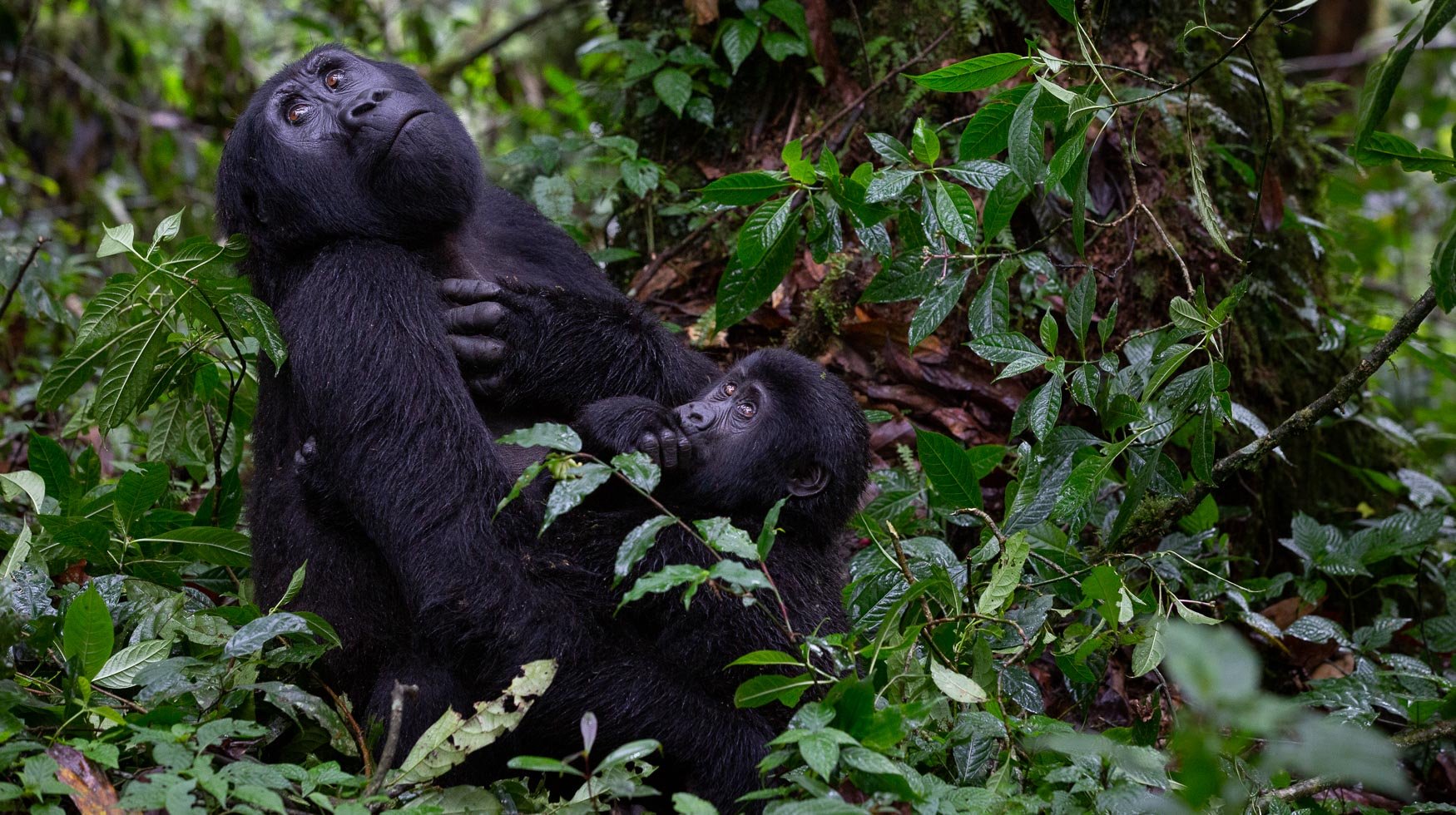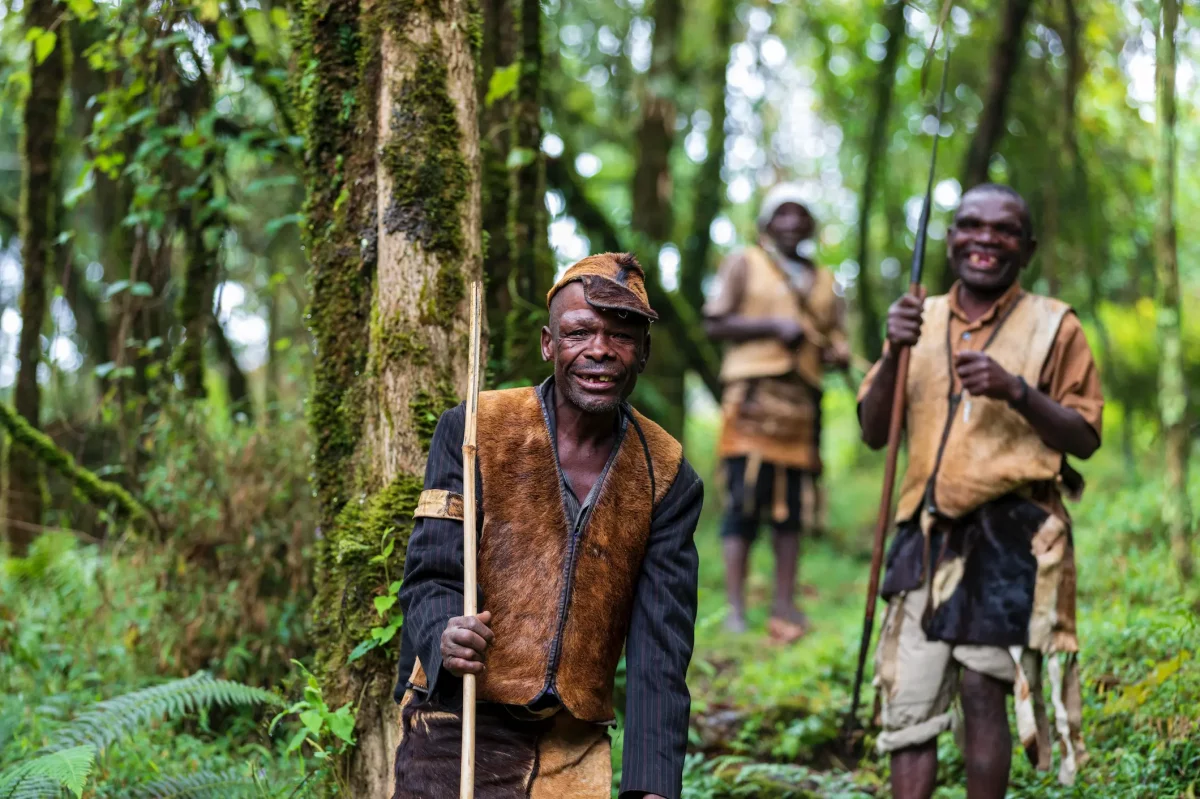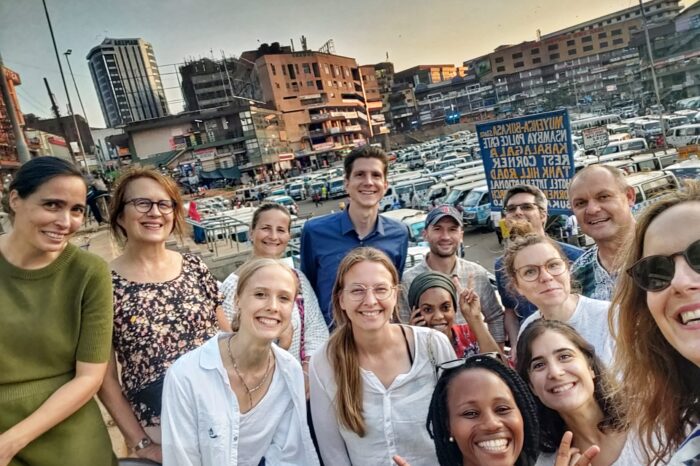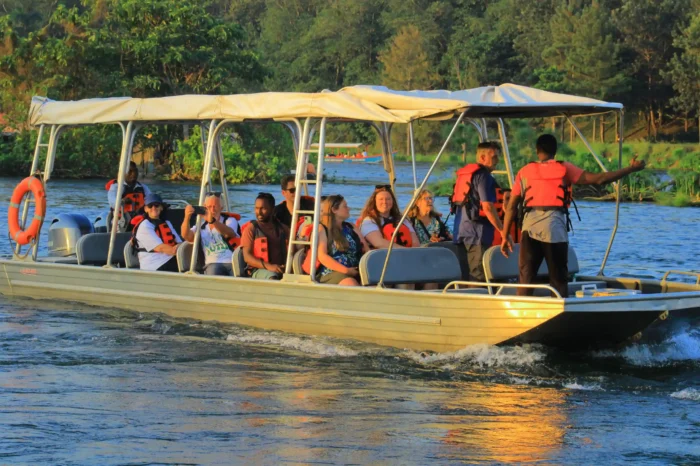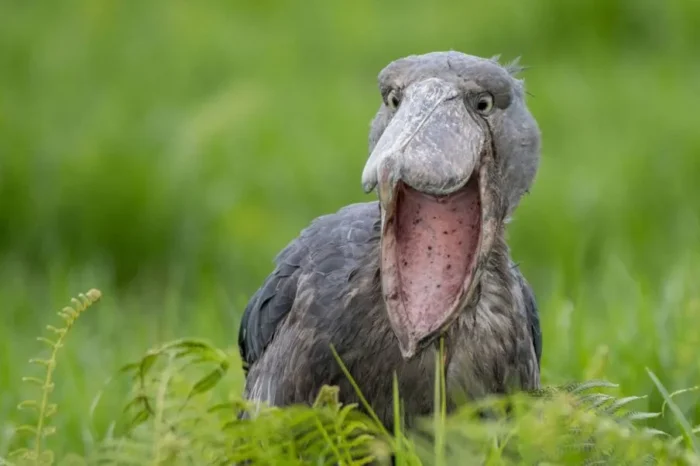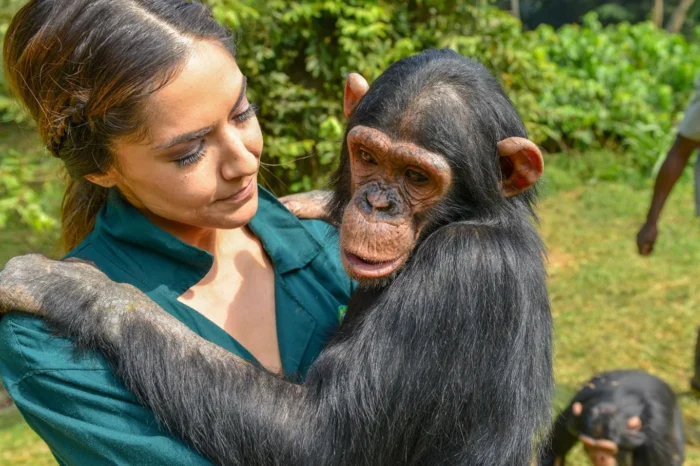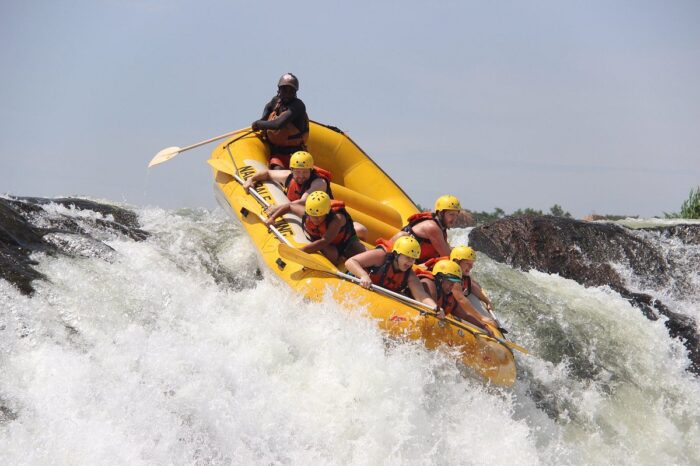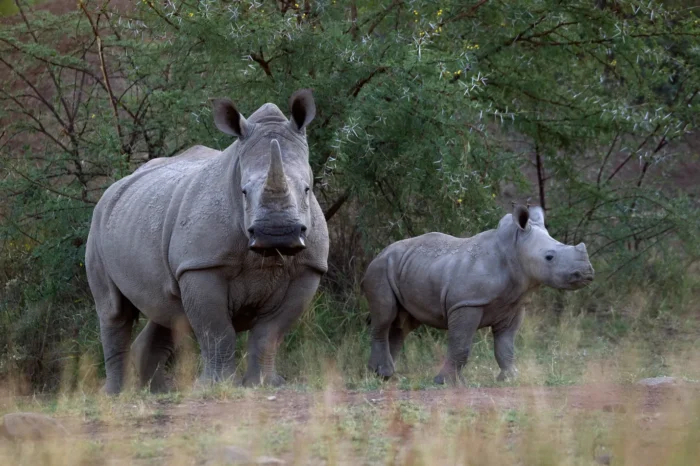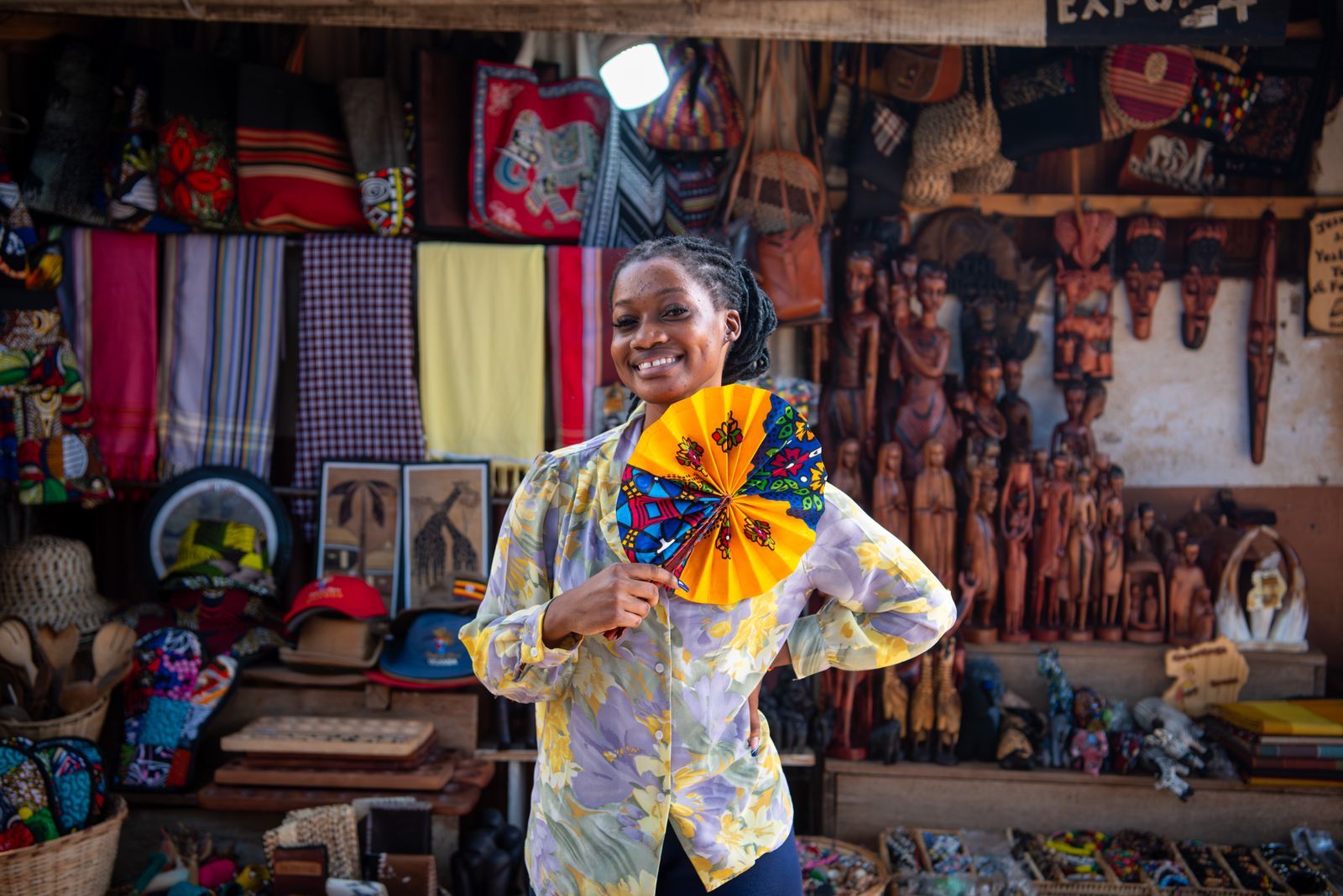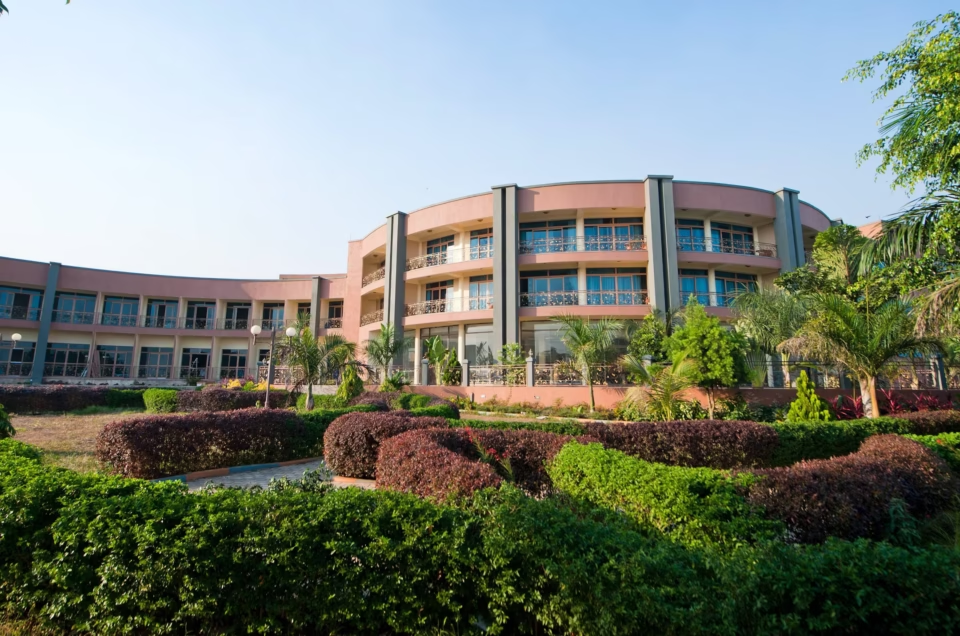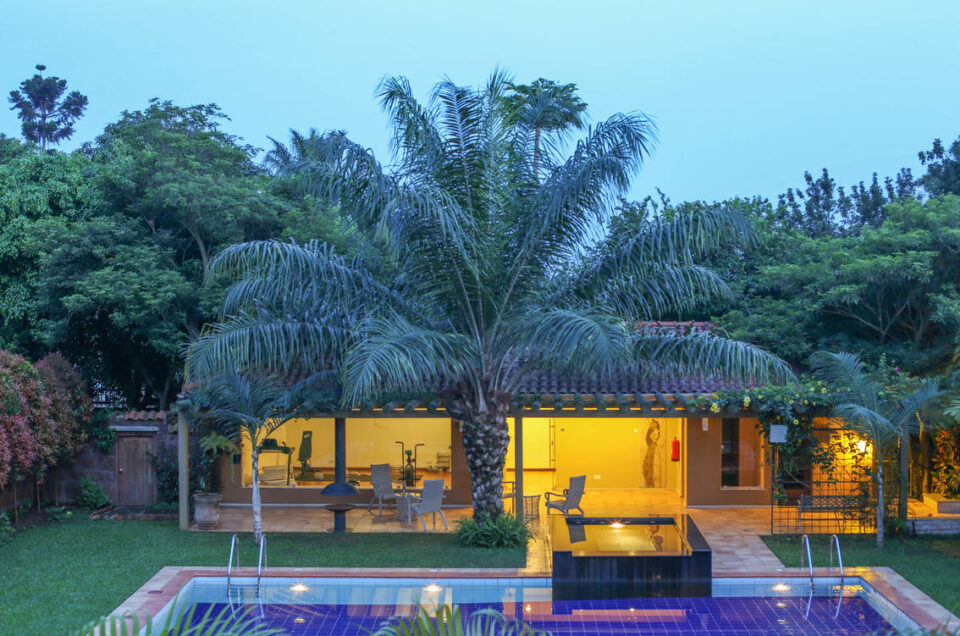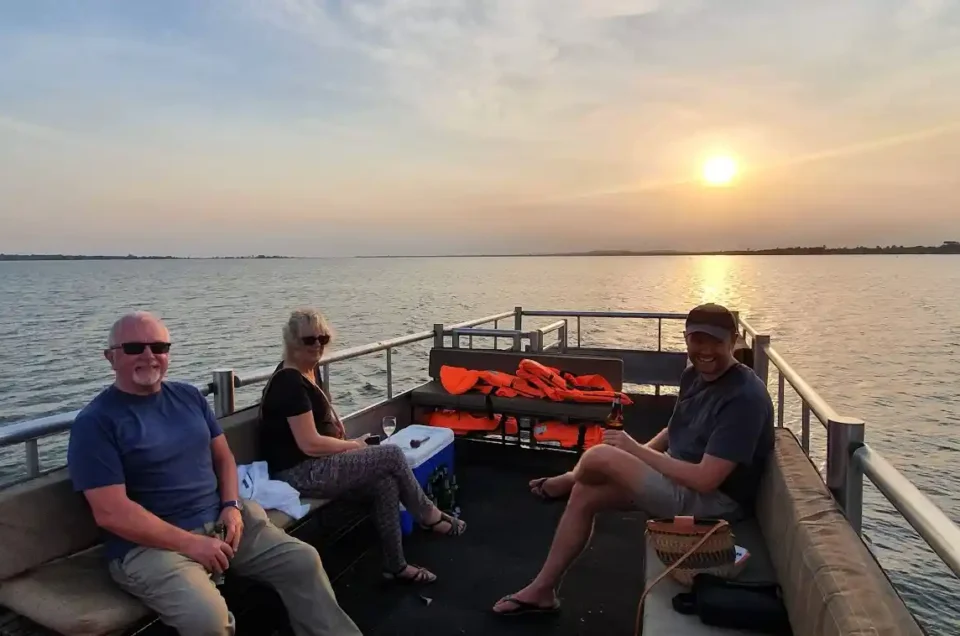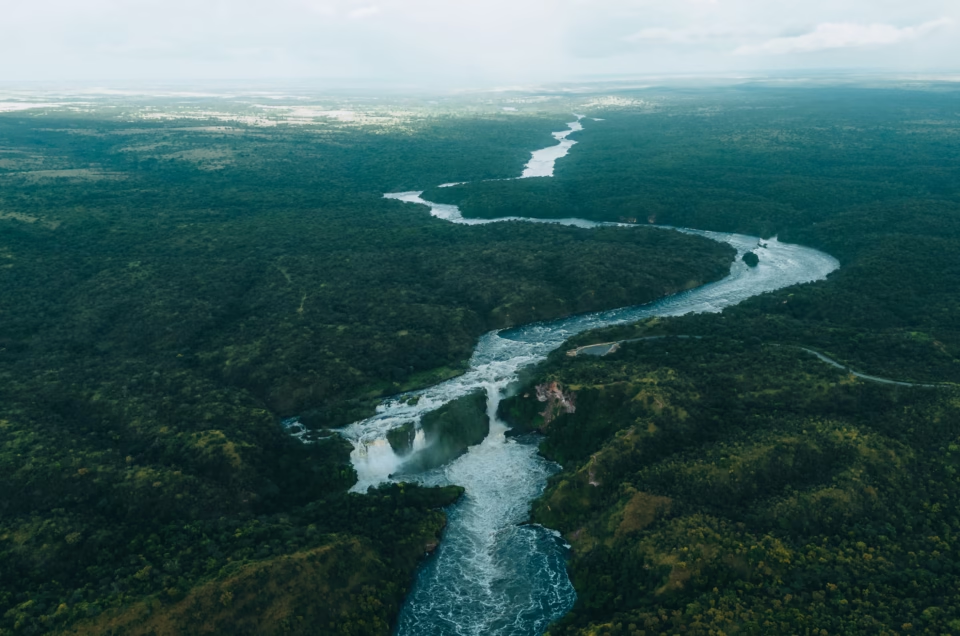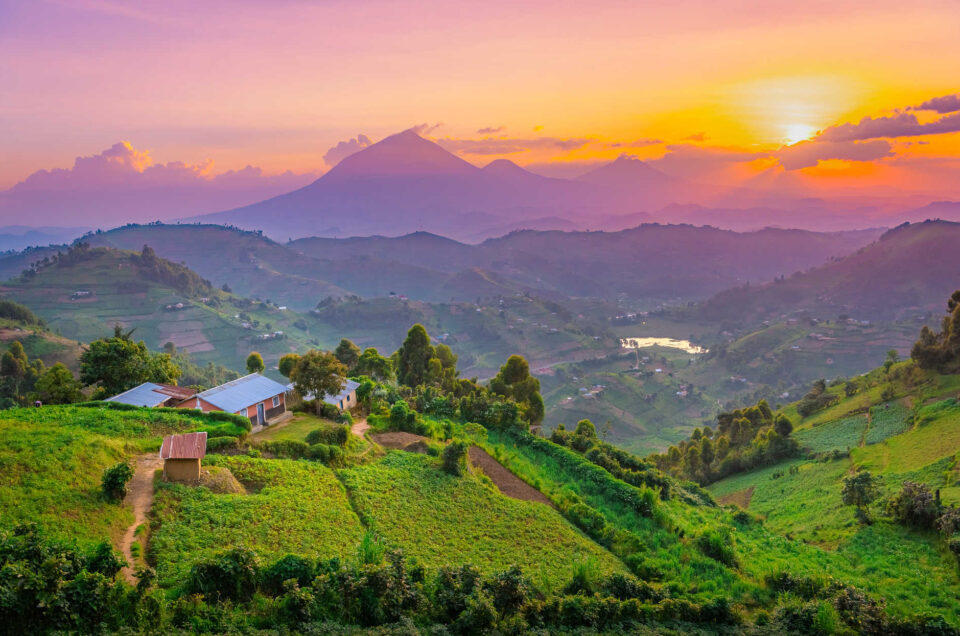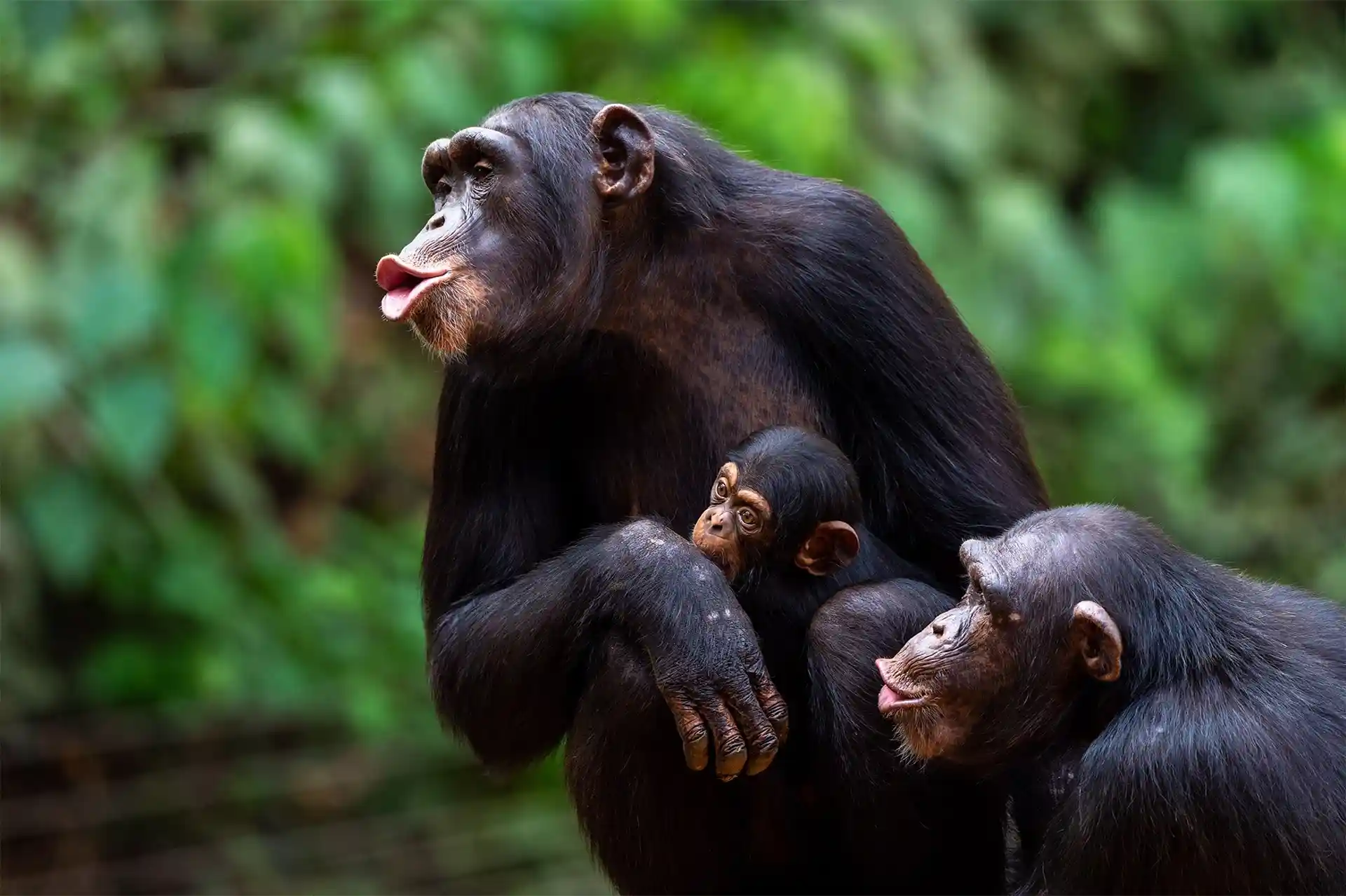Uganda is called the Pearl of Africa. Covering just 241,038km2, this small, landlocked country packs one hell of a punch when it comes to bucket-list experiences. It is most famous for gorilla trekking adventures – and rightly so. It has the world’s largest population of mountain gorillas. Uganda safaris also offer the best chimpanzee trekking and bird watching in Africa. The country is home to over 5000 chimpanzees in the wild and more than 1,080 species, including the incredible shoebill.
At Choose Uganda Safaris, we specialize in private Uganda tours and customized Uganda vacation packages. Whether you’re a solo traveler, a couple, or a group, our flexible Uganda safaris packages come with transparent pricing, handpicked local experiences, and 24/7 real-human support.

